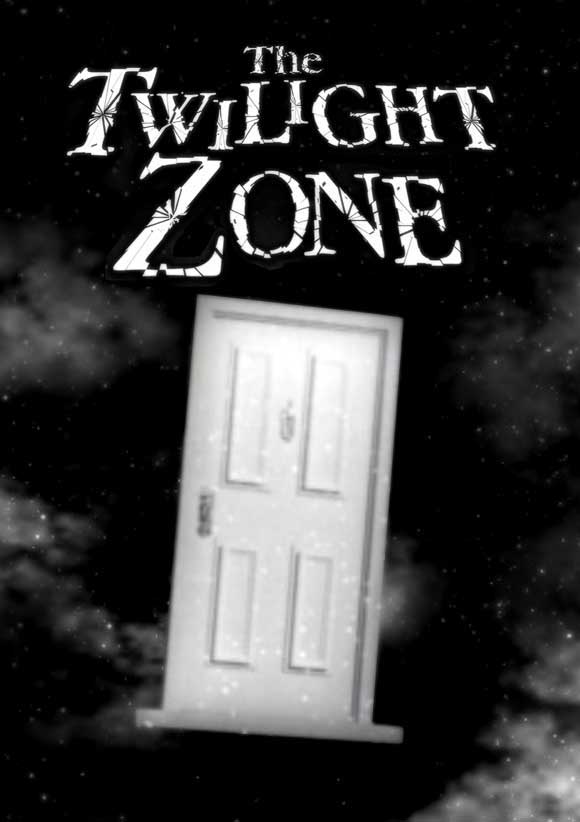The idea for Pembrooke Gardens came from the want to start and end with a murder, as with our previous research into dramas show that drama and mystery are very popular and that the storyline would be gripping enough that the audience would want to know more. Considering about the elements of drama and what we know from personal viewer experience, we had managed to plot together the two murders, yet were unclear about how to link them, finally decided on an ongoing storyline of affairs, sham marriages and controlling partners.
We then thought about where and who, and decided that adhering to codes and conventions it is important to have a location that is relatable to the audience, and naturally the most associative location to the UK audience is London. Upon settling on an area, Kensington, we then chose a road with the right sounding name; We chose Kensington due to the status and the idea of corruption of status, having drama and dark secrets on-going behind closed doors and having the chance to see what is going on behind, reference: Desperate Housewives. Giving the drama a physical location adds realism, like the successful mystery drama's before, i.e Agatha Christie, Midsummer Murders and narratives of soaps like Coronation Street.
With a genre of serial drama and mystery, complete with 'who-done-it' scenario, we chose a themes of thriller, narrative twists and realism in order to keep the audience enthralled.
Our final ideas, theme wise, settled on that of a soap serial drama.
- Soap operas began on radio and consequently were associated with the BBC. The BBC continues to broadcast the world's longest-running radio soap, The Archers, which has been running nationally since 1951.
- They are ongoing, episodic works of dramatic fiction. Early radio series were broadcast in weekly day time slots when most listeners will be housewives; thus the shows were aimed at and consumed by a predominantly female audience. The soap opera stories run concurrently, intersect, lead into further developments and typically end on some sort of cliffhanger.
- The main characteristics that define soap operas are "an emphasis on family life, personal relationships, sexual dramas, emotional and moral conflicts; some coverage of topical issues; set in familiar domestic interiors with only occasional excursions into new locations". Fitting in with these characteristics, most soap operas follow the lives of a group of characters who live or work in a particular place, or focus on a large extended family.
- The storylines follow the day-to-day activities and personal relationships of these characters.
- Many Australian and UK soap operas explore social realist storylines such as family discord, marriage breakdown, or financial problems. UK soap operas frequently make a claim to presenting "reality" or purport to have a "realistic" style. UK soap operas also frequently foreground their geographic location as a key defining feature of the show while depicting and capitalising on the exotic appeal of the stereotypes connected to the location.







